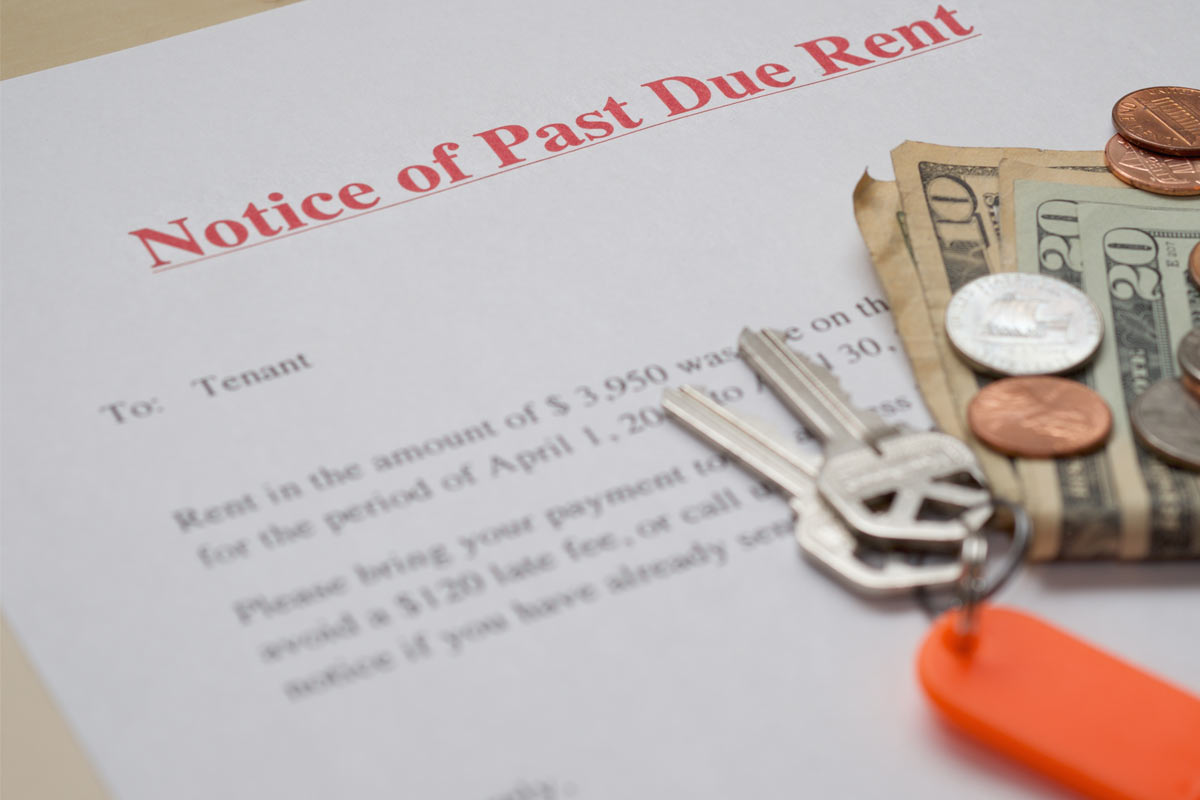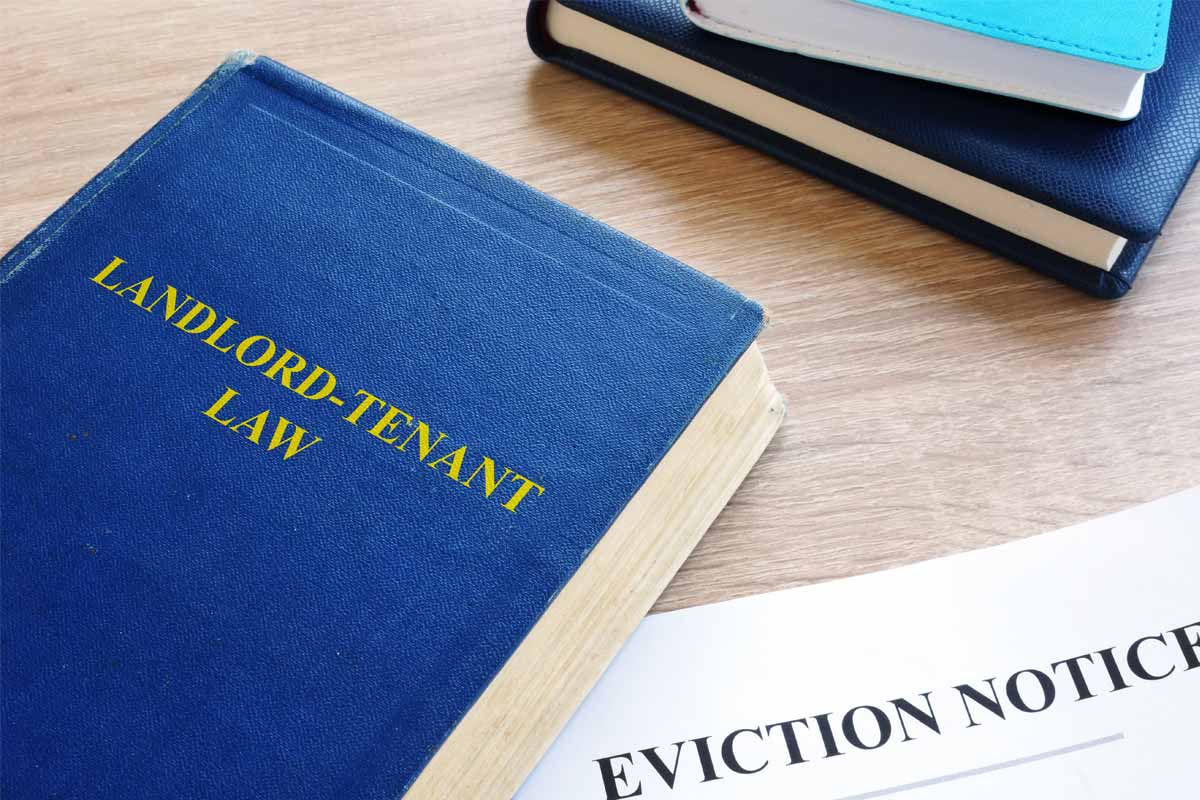Bounced rent checks, while common, present a significant challenge for landlords. The immediate frustration is understandable, given the potential disruption to cash flow and the administrative burden involved. This article outlines essential steps landlords should take immediately upon receiving notification of a bounced rent check. Prompt and professional action is crucial in mitigating financial losses and maintaining a positive landlord-tenant relationship, while also safeguarding legal rights.
Step 1: Verify the Bounced Check
- Confirm with Your Bank
Contact your financial institution immediately upon receiving notification of a bounced check. Verify the information they provide, including the date of deposit, the amount of the cheque, and the reason for the return. This direct confirmation ensures the information is accurate and avoids acting on potentially erroneous data.
- Avoid Premature Tenant Contact
Resist the urge to immediately contact the tenant before confirming the bounce with your bank. There could be a simple administrative error or a delay in processing. Premature confrontation can escalate the situation unnecessarily and damage the landlord-tenant relationship.
- Understand Potential Reasons
A bounced check does not automatically imply the tenant is intentionally avoiding payment. Common reasons include insufficient funds (NSF), a closed account, a stop payment order, or even a technical error at the bank. Understanding the potential reasons can inform your subsequent communication with the tenant.
Step 2: Review the Lease Agreement
- Understand Lease Terms
The lease agreement is a legally binding contract outlining the responsibilities of both the landlord and the tenant. Carefully review the section pertaining to rent payments, specifically clauses addressing bounced checks or late payments.
- Identify Relevant Clauses
Pay close attention to clauses that specify fees associated with bounced checks, any grace periods for rent payment, and the procedures to follow in case of non-payment. Many jurisdictions, including those in Canada, allow landlords to charge administrative fees for NSF cheques, provided this is stipulated in the lease. The Ontario Landlord and Tenant Board, for instance, acknowledges the validity of such clauses.
- Adhere to Legal Obligations
Strictly adhere to the procedures outlined in the lease agreement when dealing with a bounced check. Deviating from these terms can weaken your position in any potential legal proceedings. Consistency in applying the lease terms is paramount.
Step 3: Contact the Tenant Promptly and Professionally
- Initiate Contact After Verification
Once the bounced check is confirmed by your bank, contact the tenant as soon as possible. Prompt communication demonstrates professionalism and allows for a swift resolution.
- Choose Appropriate Communication Method
Consider contacting the tenant via telephone, email, or a formal written notice. Phone calls allow for immediate dialogue, while email provides a written record. A formal written notice, sent via registered mail, is advisable if initial attempts at contact are unsuccessful.
- Maintain a Calm and Professional Tone
Regardless of your frustration, maintain a calm and professional tone during all communication with the tenant. Avoid accusatory language or emotional outbursts, as this can be counterproductive and escalate the situation.
- Ascertain the Reason for the Bounce
Politely inquire about the reason for the bounced check. The tenant’s explanation can provide valuable insight into the situation and inform your next steps.
- Request Immediate Payment
Clearly state the amount of the bounced check, any applicable fees as outlined in the lease agreement and request immediate payment. Be specific about the total amount owed and the preferred method of payment.
Step 4: Send a Formal Written Notice

A formal written notice serves as an official record of the bounced check and the outstanding debt. It should include the following essential information:
- Date of the Original Check: Clearly state the date the bounced check was initially issued by the tenant.
- Amount of the Bounced Check: Specify the exact monetary value of the returned cheque.
- Reason for the Bounce: If known, include the reason provided by the bank (e.g., NSF, closed account).
- Amount of Rent Still Owed: Clearly state the original rent amount that remains unpaid due to the bounced check.
- Late Fees and Bounced Check Fees: Itemize any late payment penalties or bounced check fees as stipulated in the lease agreement.
- Deadline for Payment: Set a clear and reasonable deadline by which the tenant must remit the outstanding payment, including all applicable fees.
- Consequences of Non-Payment: Explicitly state the potential consequences if the tenant fails to meet the payment deadline, which may include further late fees or the initiation of eviction proceedings as per provincial landlord-tenant legislation.
Step 5: Consider Payment Options
- Offer Alternative Payment Methods
Suggest alternative payment methods to the tenant, such as a cashier’s cheque, money order, or electronic funds transfer. These methods offer greater security and reduce the risk of future payment issues.
- Specify Acceptable Future Payments
Clearly communicate which payment methods you will accept from the tenant going forward. You may decide to temporarily or permanently discontinue accepting personal cheques from this tenant.
- Evaluate Continued Acceptance of Personal Checks
Carefully consider whether to continue accepting personal cheques from a tenant who has a history of bounced payments. While convenient for some tenants, it can create additional administrative burden and financial risk for landlords.
Step 6: Document Everything
Meticulous record-keeping is crucial when dealing with a bounced rent check. This documentation can be vital in resolving disputes and supporting your case in any potential legal proceedings.
Ensure you document the following:
- Date of Bounced Check Notification: Record the exact date you were informed of the bounced check by your bank.
- Dates and Methods of Communication: Keep a log of all communication with the tenant, including dates, times, and methods (phone, email, letter).
- Copies of the Bounced Check: If possible, obtain a copy of the bounced check from your bank for your records.
- Copies of Formal Notices: Retain copies of any formal written notices sent to the tenant, along with proof of delivery (e.g., registered mail receipt).
- Payment Arrangements: Document any payment arrangements made with the tenant, including agreed-upon amounts and dates.
- Dates of Subsequent Payments: Record the dates and amounts of any subsequent payments received from the tenant related to the bounced check and associated fees.
Step 7: Know Your Legal Rights and Options

- Familiarize Yourself with Local Laws
Landlord-tenant laws regarding bounced checks and non-payment vary by province in Canada. Familiarize yourself with the specific regulations in your jurisdiction. Resources such as the Landlord and Tenant Board in Ontario or similar bodies in other provinces provide valuable information on landlord rights and responsibilities.
- Understand Eviction Procedures
Be aware of the legal process for initiating eviction proceedings if the tenant fails to pay the outstanding rent and associated fees within the stipulated timeframe. Each province has specific procedures that must be followed precisely.
- Seek Legal Advice When Necessary
If the situation becomes complicated, the tenant is unresponsive, or you are unsure about your legal rights and obligations, seek legal advice from a lawyer specializing in landlord-tenant law. Early legal intervention can prevent further complications and ensure you are acting within the bounds of the law.
Dealing with a bounced rent check requires prompt, professional, and well-documented action. By following these steps, landlords can effectively manage the situation, protect their financial interests, and maintain a professional relationship with their tenants while adhering to legal requirements.
For expert assistance in navigating tenant payment issues and ensuring smooth property management, contact Rest Easy Property Management at (343) 880-EASY (3279).

